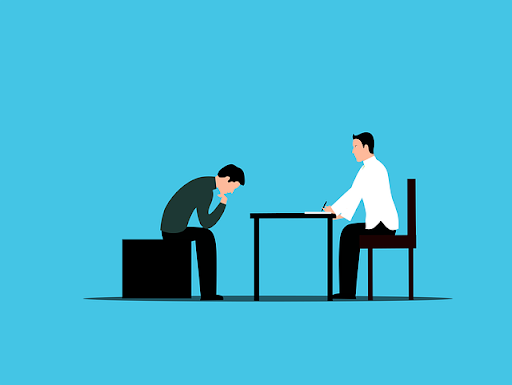In our day-to-day lives, we all face challenges and obstacles that can take a toll on our emotional and mental health.
Whether it’s a difficult relationship, a career setback, or a traumatic event, it’s important to know when to seek help. That’s where a counselor can come in.
Here are eight reasons why you might need to see a counselor.
You’re Experiencing Anxiety or Depression
Anxiety and depression are two of the most common mental health conditions. They can make you feel sad, worried, and overwhelmed. If you’re struggling with these issues, a counselor can help you develop coping strategies to manage your symptoms.
They can help you identify any underlying causes of your anxiety or depression and work on addressing those issues.
You’re Going Through a Major Life Transition
Life transitions can be challenging, whether it’s starting a new job, moving to a new city, or going through a divorce. A counselor can help you navigate these changes by providing support and guidance.
Talking with a counselor can really help you explore your feelings, and they can advise you in developing a plan to move forward.
You’re Dealing with a Traumatic Event
Trauma can have a lasting impact on your mental health. If you’ve experienced a traumatic event such as a car accident, natural disaster, or assault, a counselor can help you process your feelings and develop coping strategies.
It provides you with a safe space to talk about your experience without judgment and to get them off your chest.
You’re Having Relationship Problems
Relationships can be complex and challenging. Whether it’s with a romantic partner, family member, or friend, a counselor can help you navigate these relationships and improve your communication skills.
They can aid you in setting boundaries and working on building healthier relationships with new people.
You’re Struggling with Addiction
Addiction is a serious mental health condition that can have devastating consequences. If you’re struggling with addiction, a counselor can help you develop a plan for recovery.
They’ll be there for you to provide support and guidance as you navigate the challenges and drawbacks of sobriety.
You’re Feeling Stuck or Lost
Sometimes we all feel like we’re in a rut or unsure of our direction in life. A counselor can help you explore your values, goals, and aspirations.
They can also help you develop a plan for achieving your goals and finding purpose in your life.
You’re Experiencing Grief or Loss
Grief and loss are natural parts of life, but they can be incredibly difficult to navigate. A counselor can provide support and guidance as you grieve the loss of a loved one or a major life change.
It can be hard to think straight after the loss of a loved one that’s why it’s crucial to find someone who can help you develop coping strategies and give you the right grief counseling.
You’re Struggling with Low Self-esteem
Low self-esteem and negative body image can take a toll on your mental health. If you’re struggling with these issues, a counselor can help you develop a more positive self-image.
Your counselor can help you identify the underlying causes of your negative self-talk and work on addressing those issues.

